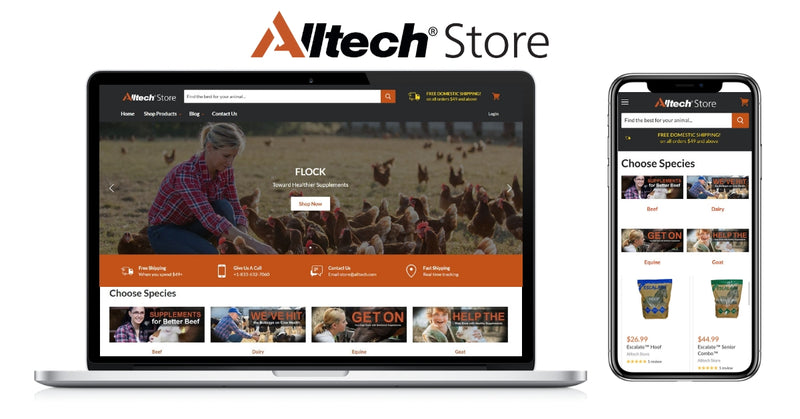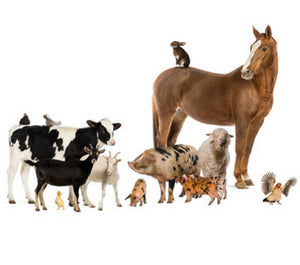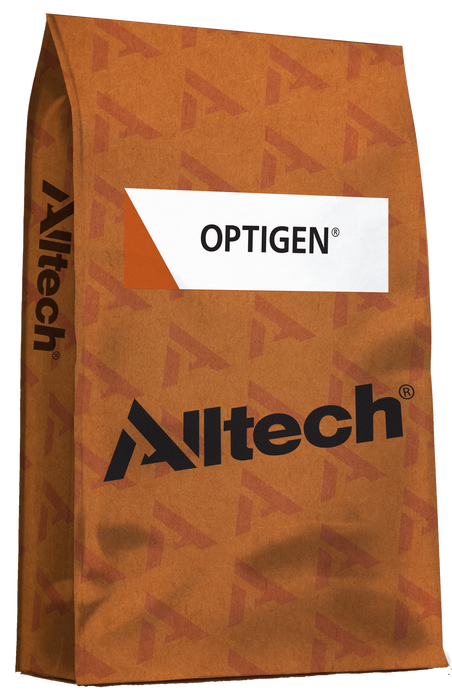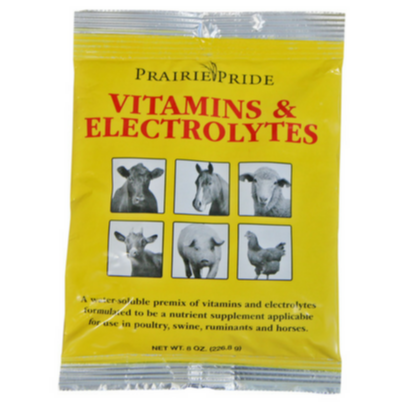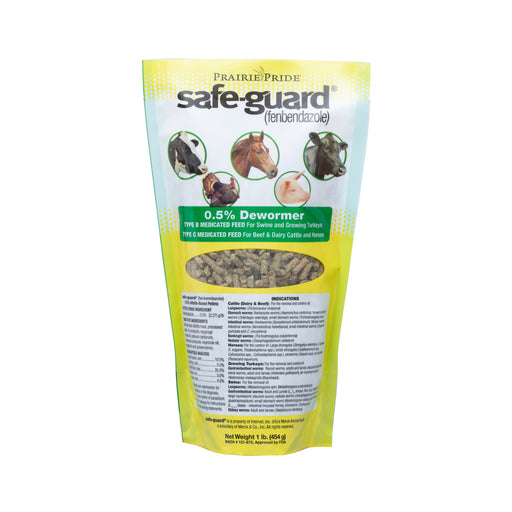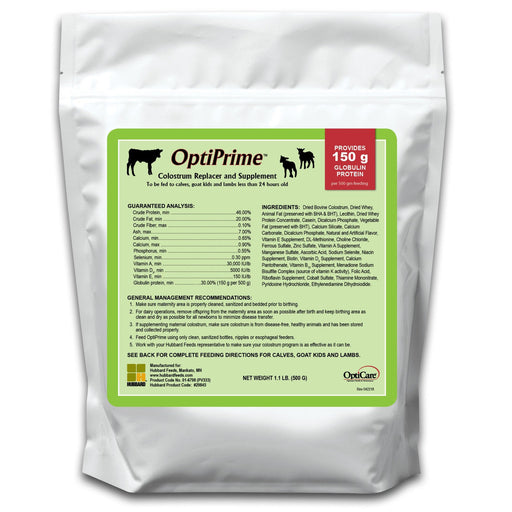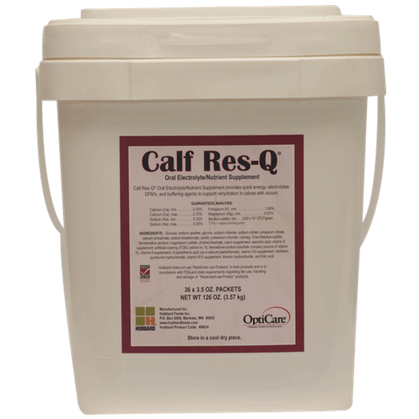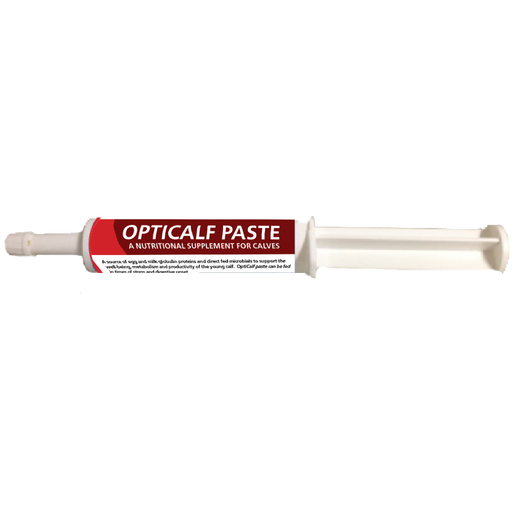Optigen®
Benefits of Optigen in dairy cows:
- Optimizes milk production
- Enhances microbial protein production and fiber digestion
- Increases energy available for milk production
- Reduces the carbon footprint of dairy diets by decreasing the inclusion of high-carbon feedstuffs, such as soybean
- Helps maintain performance during periods of heat stress
- Helps maintain rumen health and efficiency
- Allows for the opportunity to formulate cheaper feed ingredients and lower the cost of rations
Benefits of Optigen in beef cattle:
- Increases liveweight gain
- Increases feed efficiency and energy available for production
- Enhances microbial protein production and fiber digestion
- Reduces the carbon footprint of beef rations by decreasing the inclusion of high-carbon feedstuffs, such as soybean
- Helps to maintain a healthy rumen environment
- Lowers the cost of diets by enabling formulation of cheaper feed ingredients
General Information
Optigen® is an innovative ingredient that provides a controlled release of non-protein nitrogen (NPN) to the rumen over time. This ensures that rumen bacteria have continued access to this essential food source, leading to an increase in microbial protein, fiber digestion and available energy for milk and meat production.
Ingredients
Urea, Vegetable Oil, Beta Carotene and BHT (a preservative).
Guaranteed Analysis
Nitrogen (min) 41.0%
Equivalent Crude Protein from Non-protein Nitrogen (min) 256.25%
Directions for Use
Should be incorporated in cattle rations at levels to provide between 0.2 lb to 0.5 lb (0.09 kg –0.24 kg) per cow per day.
Cautions and Warnings
1. Directions for use must be carefully followed.
2. Do not allow cattle free access to rations containing urea.
3. Do not use in association with other feeds supplying urea and/or other non-protein nitrogen.
4. Do not exceed 0.3g urea/kg bodyweight per day.
5. Do not feed to calves under 3 months of age.
6. Allow sufficient time, in accordance with your nutritionists recommendations, for animals to adapt to
any ration containing non-protein nitrogen.
7. No more than 20% of the crude protein in the total diet should be added as non-protein nitrogen.
8. Non-protein nitrogen should not make up more than 1% of a concentrate ration.
9. Any non-protein nitrogen source should be thoroughly mixed with the ration before feeding cattle.
10. Feeding strategies for non-protein nitrogen sources should allow for intake of any non-protein nitrogen
to be spread evenly over an extended period and prevent slug-feeding of the material over a relatively short
period of time.

